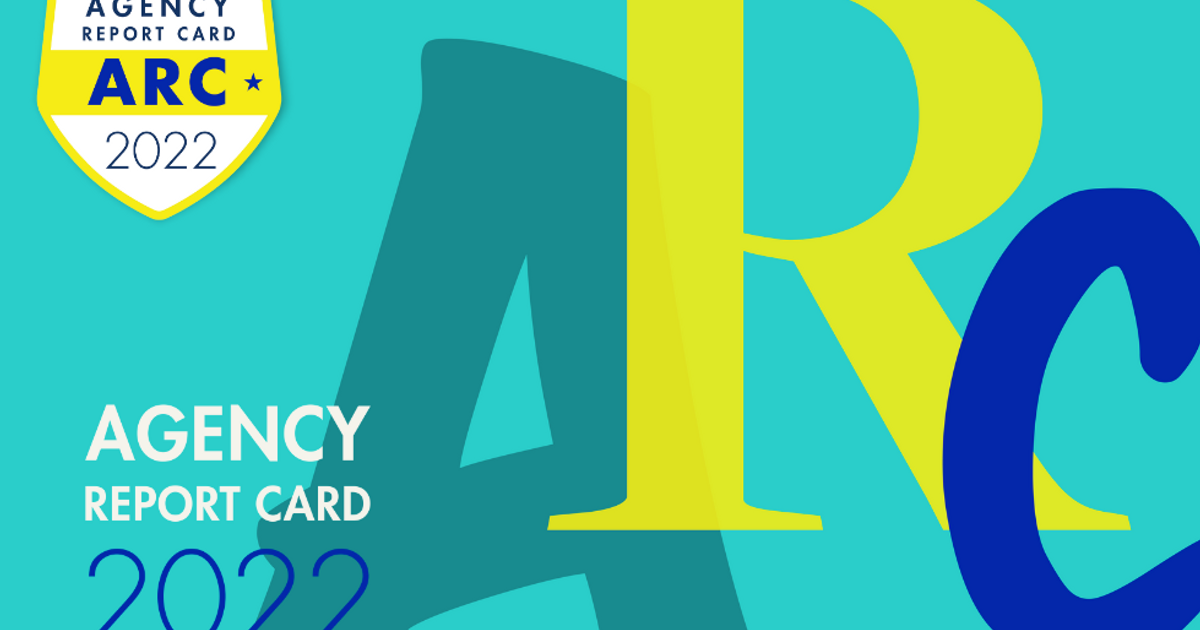
Actor Jay Ellis has a brand new investigative sequence geared toward fixing the serial Nineteen Seventies murders of six Black women whose our bodies have been discarded alongside the Washington D.C. freeway.
It was between 1971 and 1972 when six Black women between the ages of 10 to 18 went lacking within the Washington D.C. space. The our bodies of Carol Spinks; Darlenia Johnson; Brenda Crockett; Nenomoshia Yates; Brenda Woodard; and Diane Williams have been discovered murdered and discarded alongside D.C. highways.
Native media dubbed Washington D.C.’s first serial killer as “The Freeway Phantom.” The killer would go on to taunt police with a chilling be aware claiming duty, and terrorizing cellphone calls to the victims’ households. 5 many years later and the killer has by no means been delivered to justice.
Now, Ellis’ Black Bar Mitzvah, Tenderfoot TV, and iHeartPodcasts is presenting the “Freeway Phantom,” a 10-episode podcast sequence that kicked off on Could 17. The sequence will discover the racial disparities that plagued the case on the time, how methods for fixing murders have advanced since then, and the dearth of belief between regulation enforcement and native communities, that also exists as we speak.
Hosted by award-winning journalist and public radio veteran Celeste Headlee (NPR, PBS, TEDx), she reveals ardour in unearthing the reality behind the disturbing case she spent the final two years investigating.
“Along with serving to these households get solutions and justice, Freeway Phantom additionally goals to deliver consciousness to those circumstances by inspecting the racial disparities that live on as we speak between regulation enforcement and native communities,” host Celeste Headlee tells BLACK ENTERPRISE.
“Essentially the most pressing difficulty is discovering some measure of justice or no less than closure for these households who’ve suffered for therefore lengthy. The murders of those younger women didn’t get the eye or investigation they deserved, and it’s important that their tales be heard nationally.”
“What’s extra the identical points that hampered regulation enforcement again within the Nineteen Seventies–racist assumptions in regards to the victims and their households, distrust between police and Black communities, and lack of communication and cooperation between separate regulation enforcement businesses–nonetheless impede trendy efforts to resolve violent crimes and defend kids from hurt,” she continued.
“This story is each many years outdated and painfully present.”
Press play beneath for an unique sneak peek from Episode 3.







